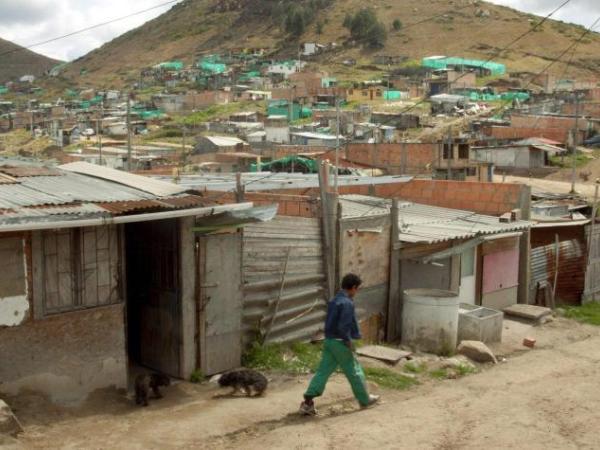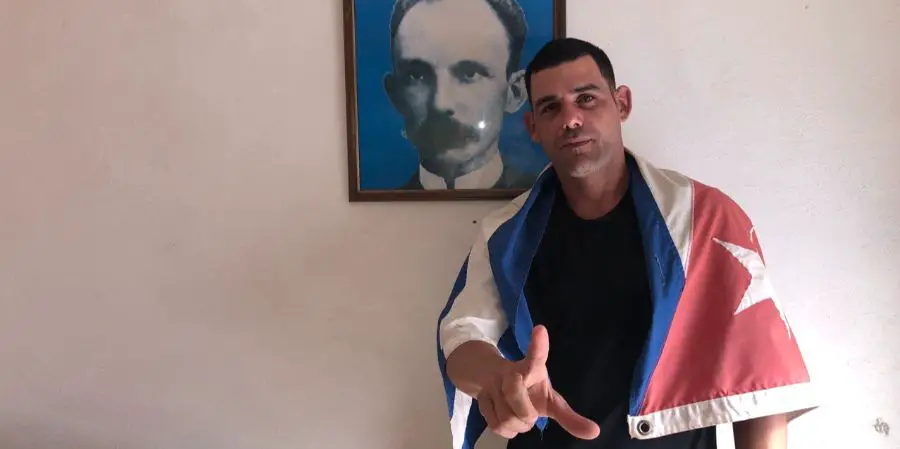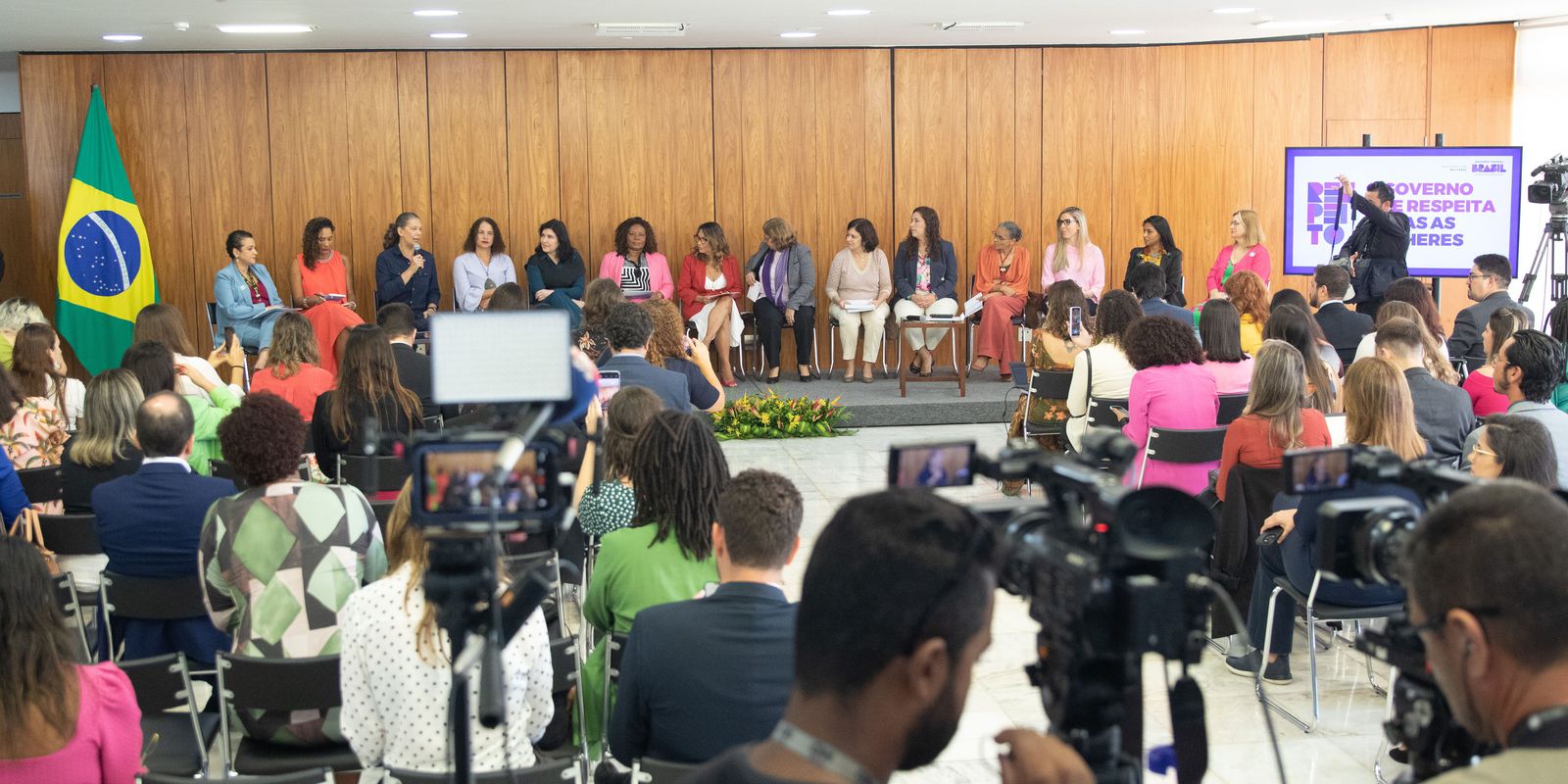Beyond monetary indicators and living conditions, the perception of poverty and inequality that people have also affects their socioeconomic situation and well-being.
This was concluded by a report from United Nations Development Program (UNDP) with the support of the Government of Sweden, which reflects on the influence that a series of subjective variables have on well-being of citizens in Colombia.
(Also read: 15% of the Colombian population lives in extreme poverty: Cepal)
The report, titled ‘Perceptions and subjective well-being in Colombia: beyond traditional indicators’, concluded in principle that perceptions of poverty and inequality contribute to the persistence of inequality in the country.
The Report Findings
According to the UNDP report, “not enough attention has been paid to people’s perceptions when analyzing inequality“, and elements such as mistrust reinforce aspects that maintain low productivity and the persistence of inequalities, which does not allow progress in overcoming poverty and increasing wealth.
In addition, it highlights that the perception of Colombians in relation to their level of poverty differs from the objective indicators. As explained by María Angélica Arbeláez, director of the report, there is a tendency to be located in the middle positions of the income distribution.
(Also read: What is the popular economy, the axis of the Government Development Plan.)
Which means that the poor consider themselves less poor than they really are while the middle class and high-income people are perceived as less advantaged.
Poverty in Colombia
Mariana Guerrero
“People in Colombia do not know the magnitude of income inequality. This perception ends up reducing the demand for redistributive policies, generating poor solidarity and little interest in paying taxes, which perpetuates inequality”Arbeláez assured.
The document found that, although there is consensus on the need for progressive taxation, there is little willingness to pay taxes on the part of the entire society, including the middle and upper classes.
(Also read: 26.5% of Colombians feel richer than their parents.)
The report concludes that the country is in “a trap of poverty and inequality“, as these reduce confidence, which in turn affects growth. The latter makes the paths to reduce poverty more complex.
LAURA LUCIA BECERRA ELEJALDE
Journalist Portfolio








